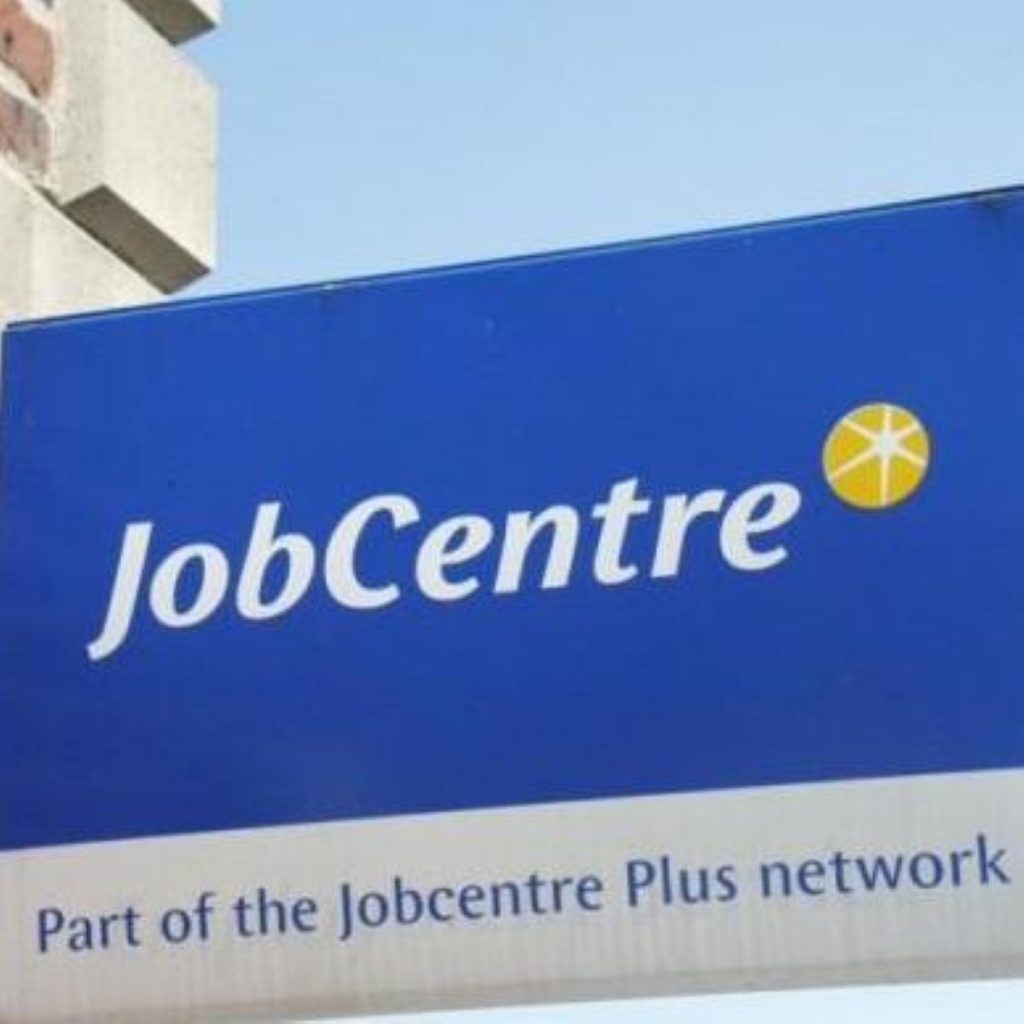Jobless figures show Labour isn’t working
By Alex Stevenson
The number of people on the dole has hit its highest level since Tony Blair came to power in May 1997, today’s unemployment figures show.
Unemployment increased to 2.44 million in the last quarter, official statistics have confirmed, reaching its highest level since 1995.
In the last three months the number of people out of work rose by 54,000, the Office for National Statistics said.


The unemployment rate in the three months to June was 7.8 per cent, up 0.7 per cent on the previous quarter.
And the claimant count – the number of people receiving Jobseeker’s Allowance – reached 1.58 million last month, its highest level since May 1997.
Opposition parties attacked the government for not dealing with unemployment, described by shadow work and pensions minister Mark Harper as “the most pressing social economic and political problem plaguing Britain”.
He said nearly one million unemployed young people had been “cast adrift by a government sleepwalking through this crisis” and warned the “huge skills gap” afflicting Britain’s workforce was the result of “more than a decade of complacency and neglect by Labour”.
The Liberal Democrats’ work and pensions spokesman Steve Webb said those who had not experienced unemployment before would view Gordon Brown’s rhetoric about getting people back into work as “cold comfort”.
“The widening gap between the number of unemployed people and the number of people claiming benefits shows vulnerable people aren’t getting the help they need,” he warned.
“The government needs to look urgently at the gaps in the safety net to make sure that people who are out of work are getting the support that they need to see them through this difficult period.”
The news comes as the Bank of England released its quarterly inflation report.
Governor Mervyn King painted a mixed picture, saying the recession appeared “deeper” than it was in the spring.
But he said the outlook for a recovery was “somewhat stronger” and said its quantitative easing policy appeared to be working.
“The sustainability and strength of any recovery will be affected by necessary balance sheet adjustments of the banking, household and public sectors,” he said.
“Recovery could be slow and protracted.”
That will come as bad news to Mr Brown, who will be hoping the economy begins showing ‘green shoots’ of recovery sooner rather than later.
The current recession is continuing to dominate British politics, with reports that the Conservatives are planning major public spending cuts at the local government level beginning to emerge.
A report out today from the Resolution Foundation thinktank warns that low-earners are paying an especially high price in the recession.
It says economic difficulties are increasing the likelihood of long-term unemployment in many of the industries in which low-earners work.
There has been a steep drop in output across distribution, hotels and catering and repairs industries. Wholesale and retail sectors are being hit by insolvencies and sizeable redundancies are being made in industries where low earners are concentrated.
“Despite some signs of economic recovery, it is clear that unemployment will continue to grow for some time to come,” Resolution Foundation chief executive Sue Regan warned.
“Initially unemployment hit white collar workers hardest, but our audit shows low earners are increasingly bearing the brunt of the recession.
“The danger is that low-earners losing their jobs today become lost to the labour market forever because of the difficulty – due to low skills levels – they have bouncing back.”

